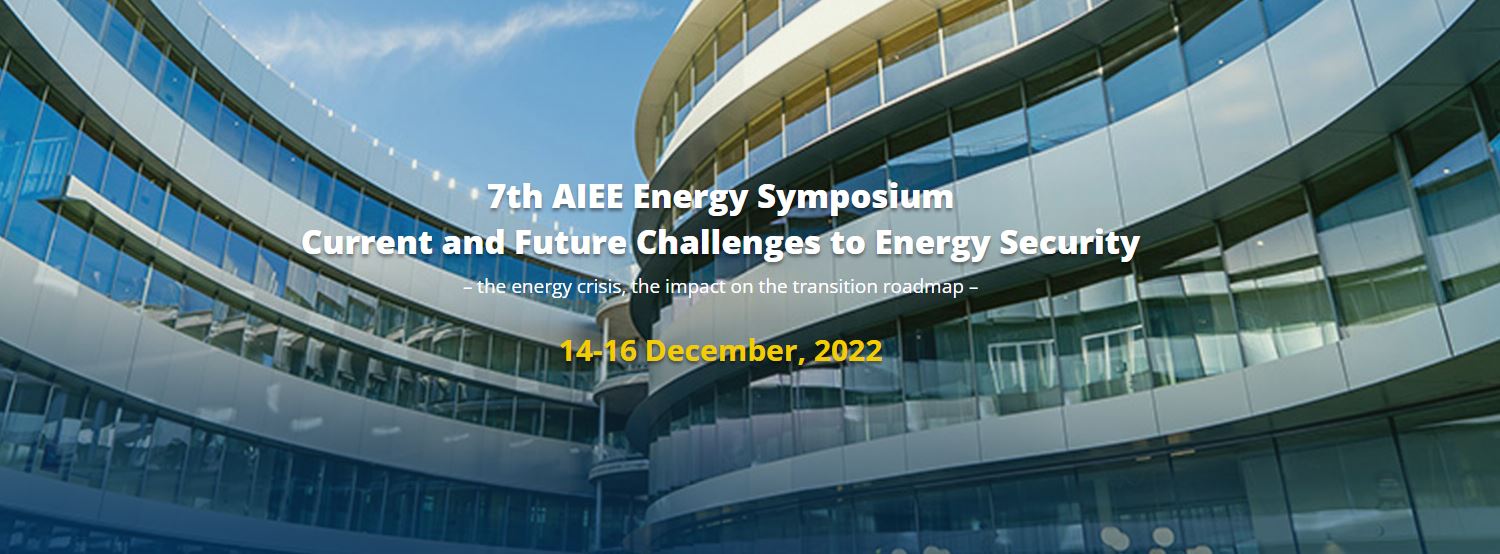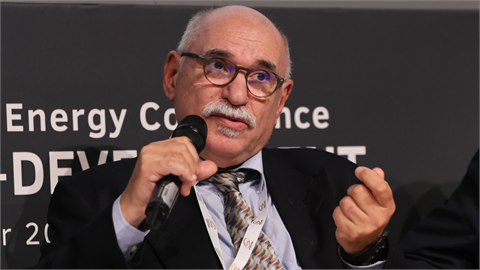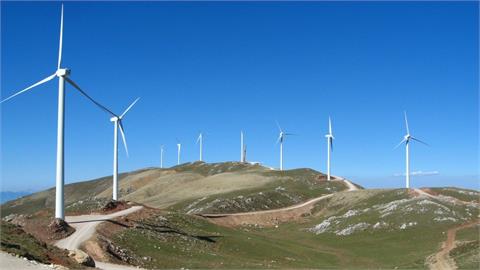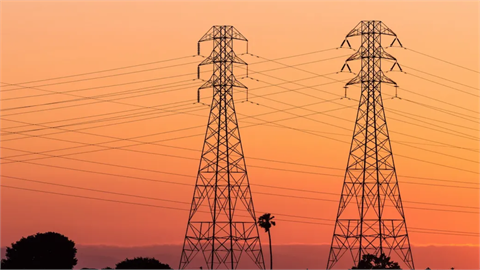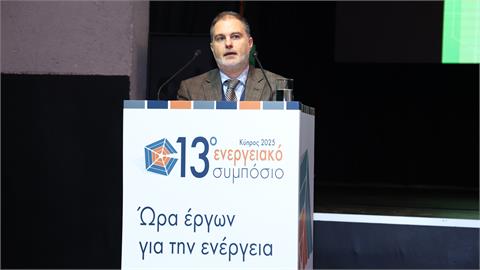Following an invitation by Prof. Ionut Purica Executive Director Advisory Center for Energy and Environment, Romanian Academy , the Chairman of IENE, Mr. Costis Stambolis, discussed the key energy security issues confronting SE Europe in a virtual conference organised by the Italian Association of Energy Economists (IAEE) on December 15, 2022.
Following an invitation by Prof. Ionut Purica, Executive Director Advisory Center for Energy and Environment, Romanian Academy, the Chairman of IENE, Mr. Costis Stambolis, discussed the key energy security issues confronting SE Europe in a virtual conference organised by the Italian Association of Energy Economists (IAEE) on December 15, 2022.
The energy security dimension of SE Europe was underlined by IENE's Chairman, who made ample reference to IENE’s seminal study the “SE Europe Energy Outlook 2021/2022”, which was published by the Institute in March 2022 (see link). As Stambolis pointed out this latest “Outlook” report offers a critical assessment of the current status of the energy sector and the energy market in SE Europe. The defined geographical area, which is covered by the IENE (see www.iene.eu) includes the Western Balkans, Croatia, Slovenia, Hungary, Greece, Bulgaria, Romania, Cyprus, Turkey, and Israel.
The “Outlook” brings together the latest available knowledge on energy developments in the region and also, provides comprehensive data on energy demand and supply and the energy mix of the various countries and the region as a whole. It reviews the major energy projects and the pursued energy policies in the region but also recognizes prevailing trends and provides information on estimates and projections. Furthermore, the “Outlook” takes into consideration the economic and political background of SE Europe and analyses the dynamics of the regional integration process from an energy perspective.
As IENE's Chairman underlined in his presentation “energy security emerges as one of the major, if not the key, policy issue which concerns the current energy situation in the broader region. Following a careful analysis of the energy security angle proposals are tabled on how energy security can be strengthened. The need to lessen the various countries’s energy dependence by increasing indigenous energy production, both from conventional, nuclear and renewable energy sources, is considered of paramount importance. It should be pointed out that most countries in the SEE region are heavily dependent on oil and gas imports.”
“Also, there is a need to diversify energy supply routes in SE Europe”, added Stambolis “especially those concerning natural gas, and considerable progress in this direction has already been made with new gas interconnectors in place or under development and new LNG terminals under construction. On account of plans under way and specific projects being pursued the overall impression is that energy security is gradually being improved but it will take a lot more effort and consistent work to be able to harness the region from the anomalies of energy supply, which become evident in the event of major geopolitical upheavals as is the case today with the ongoing war in Ukraine.”
The detailed presentation can be seen here.
